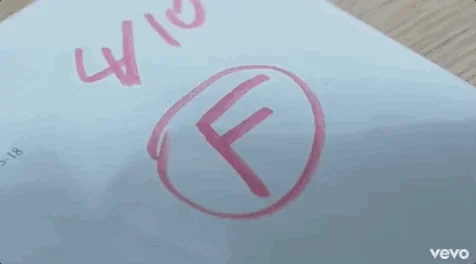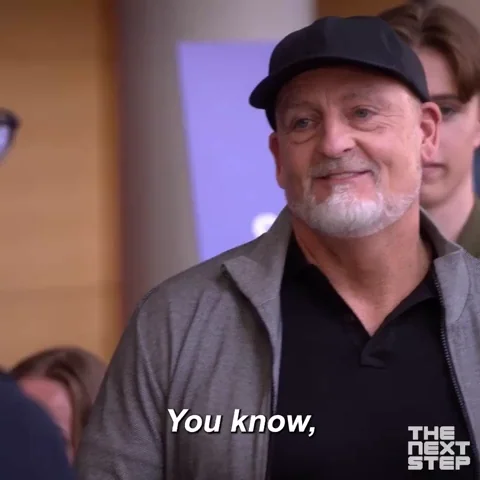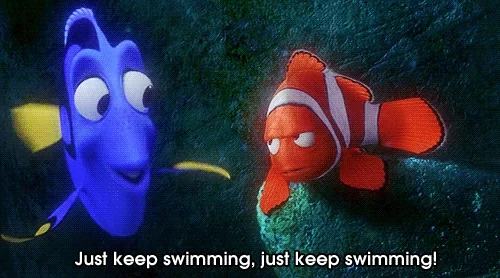
I averaged a 55% final grade in my classes in the first semester of my second year. When I saw the words “academic probation” in my email, my heart sank. It felt like all my effort — the late nights, the endless rereading, the silent breakdowns between lectures — had led to nothing.
But that wake-up call forced me to change. Not just how I studied, but how I thought about failure, effort, and self-trust. That’s when I started learning what resilience really means.
Accept That Effort Alone Isn't Enough
I had to face a harsh truth: even though I put in the work, I didn’t get the results I wanted.
I studied for hours, read academic papers on learning science, watched study strategy videos — I wasn't lazy. I was giving it all I had from every angle I knew of and still barely passed.
I felt betrayed.
Resilience isn't just about pushing your limits, ramming through every challenge you have. I had to accept that despite my sacrifices, it didn't work.
I had to change.
 Photo by Jordan Whitfield on Unsplash
Photo by Jordan Whitfield on UnsplashLet Go of What Doesn’t Work — Even If it Works for Everyone Else
I was clinging to study methods that made me feel productive — but weren’t effective:
Watching lectures on 2x speed ❌
Having solution manuals right next to me while answering problems. ❌
I copied what worked for others, hoping it would work for me too.
It didn’t. I had to let go of having an exact formula of how to study and produce the results I wanted. Though I didn't see it at the time, this was a great opportunity to practice resilience. Jamie Ratliff's piece To Anyone Who Struggles with Letting Go helped me understand that I wasn't alone in that struggle.
 Photo by Aaron Burden on Unsplash
Photo by Aaron Burden on UnsplashHere’s what helped:
Keeping a log of what study methods I was using, and how well they worked ✅
Weekly reflections of my study sessions themselves, not just the content I reviewed in them ✅
Aim to Get as Many Things Wrong as Possible

I used to outright avoid difficult tasks. When doing my physics homework, I’d pick the ones I already knew how to solve out of fear of failure. Getting problems wrong made me feel stupid — like I wasn’t meant to be in the program I was in.
But then I reframed it: What if the goal is to get everything wrong now, so I don’t get it wrong later? Every mistake during practice is a low-stakes lesson. It’s a chance to debug your thinking before getting graded on it.
Now I actively seek out what I don’t know. Resources like the Harvard Business Review's To Solve a Tough Problem Reframe It. helped me shift my thought process.
What Actually Gave Me Results
Tackle the problems that scare you first — they teach you the most.
Study the thinking behind your answer — not just what you wrote down on paper.
Remind yourself: learning is supposed to feel uncomfortable. That’s how you know it’s working.
Mistakes aren’t a sign of failure — they’re a shortcut to clarity. Deeply learning something takes a long time! Do not cheat yourself out of skipping the difficult thought process.
Resilience is built from reinforcing the mindset that problems are meant to be solved — not feared.

Quiz
You've just completed a difficult problem set. You correctly solved three that you were confident about and skipped two that looked unfamiliar and intimidating. What should your next step be?
It's Not Over
Resilience isn’t just about staying strong. It’s about being honest enough to admit what isn’t working, brave enough to let go of it, and patient enough to build something better— one adjustment at a time.

I finished my second semester with a 70% average. It’s not perfect — I know I have a long way to go. But struggling is no longer a threat. I see it as a signal that I’m learning, growing, and doing the work that will give me results.
If you are in a place where you’re quite literally failing — it’s not over. Don’t be afraid of the changes you need to make. That’s where the real resilience begins.
Take Action

You’re not falling behind. You’re figuring it out. Keep going!
Your feedback matters to us.
This Byte helped me better understand the topic.
